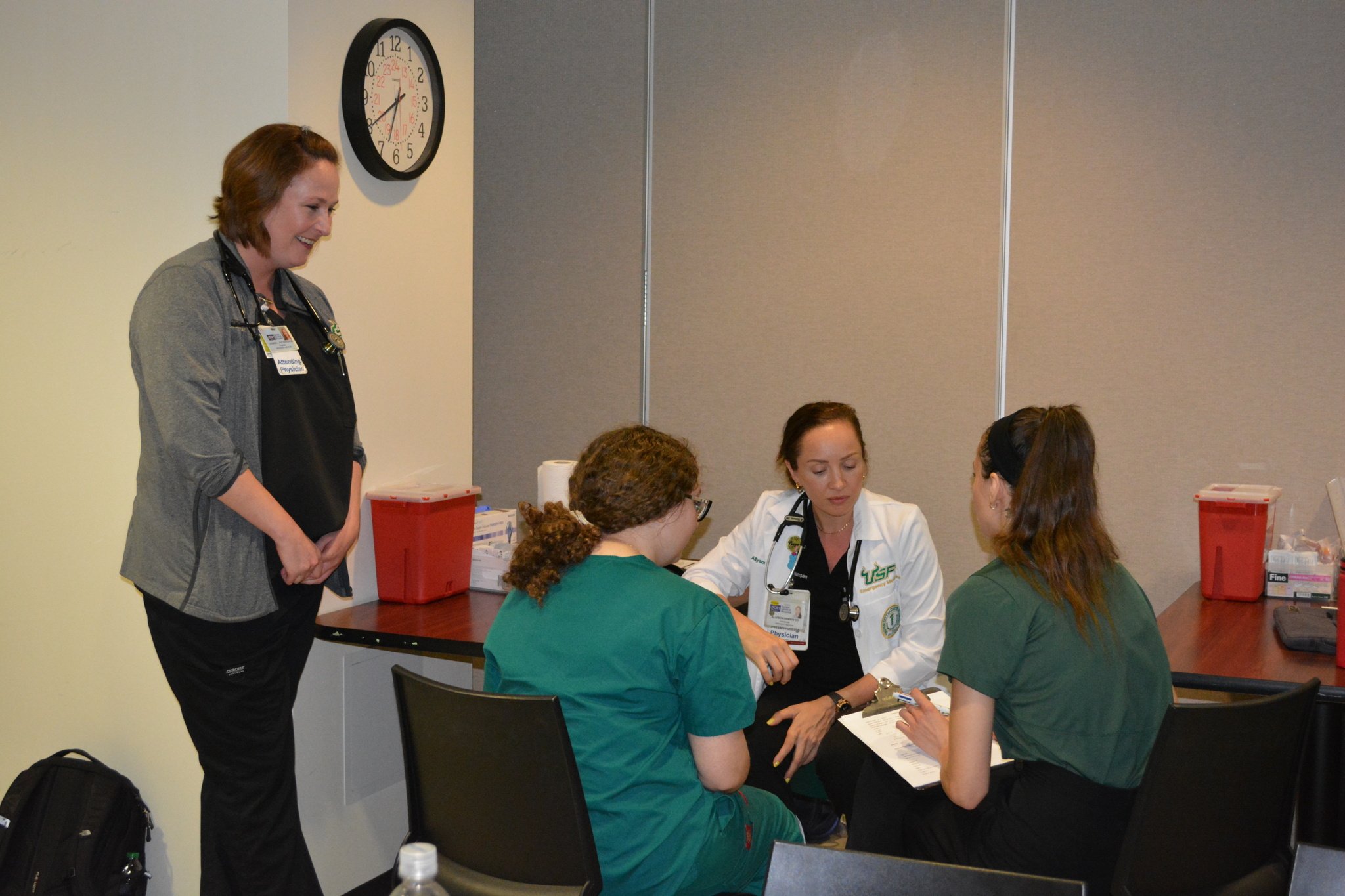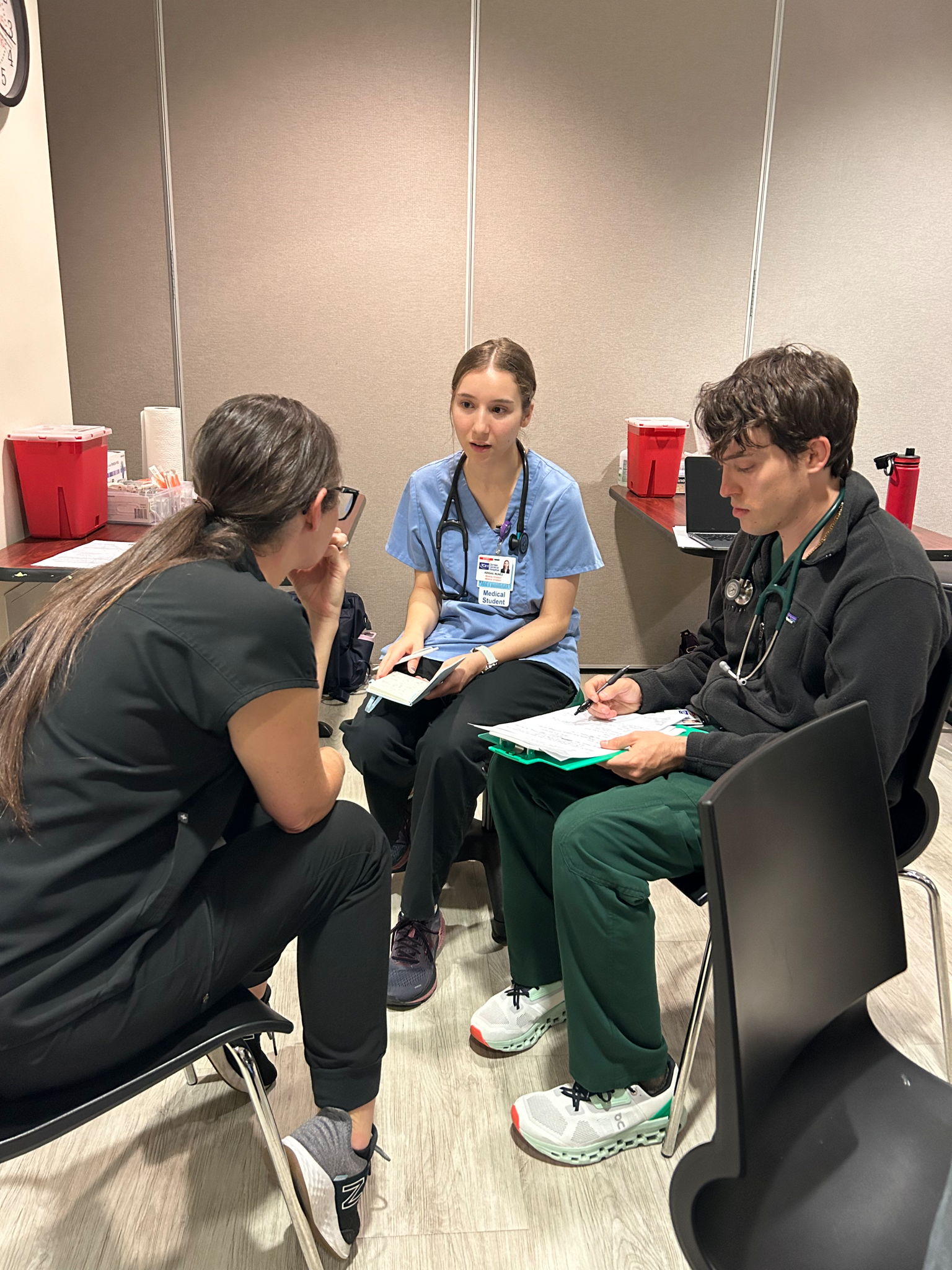The Social Fabric of Health: Unraveling the Role of Social Medicine in Emergency Care Settings
Heather Henderson, PhD
In the dynamic landscape of healthcare, the concept of social medicine emerged as a pivotal approach, intertwining the realms of medical care with the intricate web of social determinants that influence health outcomes. This comprehensive perspective not only enriched our understanding of patient care but also enhanced the efficacy of emergency medical services.
What is Social Medicine?
Social medicine is an interdisciplinary field that examines how societal factors, including economic conditions, cultural practices, social policies, and environmental influences impact health, disease, and healthcare delivery. It extends beyond the individual to consider the wider community and societal contexts, advocating for healthcare that is informed not just by clinical symptoms but by the broader social determinants of health.
Learn more about Social EM and what we’re doing at USF by visiting our Social EM Division page.
The concept of social medicine dates back to the 19th century, evolving in response to the industrial revolution’s impact on public health. Pioneers like Rudolf Virchow in Germany and Salvador Mazza in Latin America recognized the profound link between social conditions and disease, arguing for a health system that addresses the root causes of ill health, including poverty, education, and living conditions. This foundational idea has since evolved, integrating into various healthcare models around the world. In the fast-paced, high-stakes environment of the emergency department (ED), the principles of social medicine take on a heightened significance.
Emergency medicine professionals often encounter patients from diverse backgrounds, many of whom face complex social challenges that exacerbate their health emergencies. By integrating social medicine into emergency care, practitioners can better understand and address the underlying social factors contributing to acute health crises. This approach not only facilitates more targeted and effective interventions but also promotes a more compassionate and holistic model of care.
The ED often serves as a safety net for the most vulnerable populations, including those experiencing homelessness, poverty, substance use disorders, and mental health challenges. Structural determinants such as inadequate housing, food insecurity, and lack of access to primary care significantly influence the frequency and nature of ED visits. By recognizing and addressing these determinants, emergency medicine can contribute to reducing health inequities and improving outcomes for marginalized populations.
Emergency medicine residency programs that incorporate social medicine principles prepare future physicians to practice medicine that is responsive to the social determinants of health. This training equips residents with the skills to perform comprehensive social assessments, engage with community resources, and advocate for policy changes that improve patient care. Benefits of such programs include:
Enhanced Diagnostic Accuracy: Understanding the social context of patients’ lives can lead to more accurate diagnoses and more effective treatment plans.
Improved Patient Engagement and Compliance: Patients are more likely to engage in their care and follow treatment recommendations when they feel understood and supported in the context of their social circumstances.
Broader Impact: Residents trained in social medicine are well-positioned to lead initiatives that address systemic health disparities and contribute to the overall health and wellbeing of the communities they serve.
Our resident team participating in Street Medicine.
The integration of social medicine into emergency medicine represents a vital step towards a more equitable and effective healthcare system. By acknowledging and addressing the complex interplay of social determinants in health emergencies, emergency medicine can offer more nuanced, compassionate, and holistic care. Programs like USFs that emphasize social medicine not only enrich the training of future emergency physicians but also pave the way for transformative changes in healthcare delivery and public health. Our program demonstrates a commitment to integrating social and medical sciences to prepare future healthcare professionals for a holistic approach to health and healthcare delivery. Through research, education, and community engagement, we are at the forefront of a growing recognition of the importance of social determinants in health and medicine.
About the Author
Dr. Henderson is a clinical anthropologist, and addiction specialist, trained in trauma informed care and dedicated to integrating clinical solutions to social determinants of health into the acute care encounter and the downstream care continuum. She serves as the Director for the Division of Social Emergency Medicine which encompasses a broad range of initiatives within our Department.







